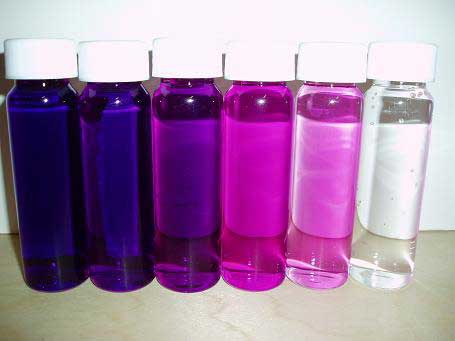Do your feet sweat a lot? And do they stink?
Some people, I’m not thinking of someone in particular, ahum.., can have smelly feet to the point it will knock you backwards.
And of course we can make a bit of fun about it (after all humor tends to ease things) but if you have smelly feet like I did you know it’s not funny.
The embarrasment and discomfort are serious detrimental influences on your quality of life.
The malodorous foot is often the subject of humor & lighthearted concern, but in reality, it can cause profound psychologic trauma and can ruin expensive shoes, socks, and stockings. Walter J. Pedowitz. M.D.
Source: SagePub.
I know how it is to be ashamed to take your shoes off.
Even though, at that moment, after walking a lot, taking them off is actually needed to air out your shoes and socks and feet.
But even more so to cool off and relieve your feet a little bit.
But you don’t have the guts if you are with people you are not really familiar with. And even if you are, it’s not something you are looking forward to, it’s just awkward every time because the smell can be really bad.
And because you don’t dare to take your shoes off the heat, the smell (plantar bromhidrosis), the bacteria growth in your shoes and socks is only increasing.
Causing more discomfort. A viscious circle of shame and smell so to say.
We are constantly bombarded with media fears that our feet are unfortunately fragrant and offensive to others. Much plantar sweating is emotionally stimulated (e.g., love, fear, an important interview), and the subsequent odor production may be self-perpetuating. If left untreated, the pungent aroma can foul the environment, lead to social exclusion, and cause needless destruction of fashionable shoes.
That’s why so many people are searching for the best cure. The most effective way to end their suffering. And that of the people in their direct environment.
Some are more effective than others. Most involve topical application. Or involve choosing apropriate shoes and socks. Few involve a nutritional approach. Zinc supplementation for example.
A less well-known method is using potassium permanganate. This may be useful to you when you have tried other, more common treatments to no avail.
What is potassium permanganate?
Potassium Permanganate (KMn04) (Permanganate of Potash) is a caustic chemical. Because it acts as a strong oxider it’s a potent antiseptic valued for its strong bactericidal and fungicidal properties.
In diluted form it is commonly used to treat ulcers, as disinfectant for the hands and treatment dermatitis and fungal infections of the hands or feet such as athlete’s foot and mouth infections.
Because of its properties it can be very harmful to tissues and therefore, when used as a topical it is safe only in weak dilutions containing no more than 0.04 percent of potassium permanganate.
Here’s how to use potassium permanganate to cure your stinky feet
A potassium permanganate foot soak is a ‘vintage’ treatment. Younger people may not know about this cure but older people are often familiar with it.

Put a tablespoon of potassium permanganate (KMn04) powder or some small crystals in a quarter bucket of warm water.
Use enough potassium permanganate so that the foot bath solution is a dark purple. (see package for more detailed dilution rates)
Soak your feet in this solution for at least 30 minutes. You want it to soak into the dense callous areas of the sole of your foot (planta).
Start with daily soaks (or each other day) for about a week and then proceed with soaks every week for 2 weeks.
Apart from killing the bacteria, potassium permanganate works also by absorbing the sweat from your feet. This also helps in reducing or eliminating foot odor.
Do note that this stuff will stain your toenails and the callous areas chocolate brown. It however should help you get rid of that dreaded Bromhidrosis.
Image credit: Oxidation Systems.
I was prescribed this treatment by an “old school” doctor back in the 1970s. It was considered old fashioned even then, but it worked like a charm. Highly recommended.